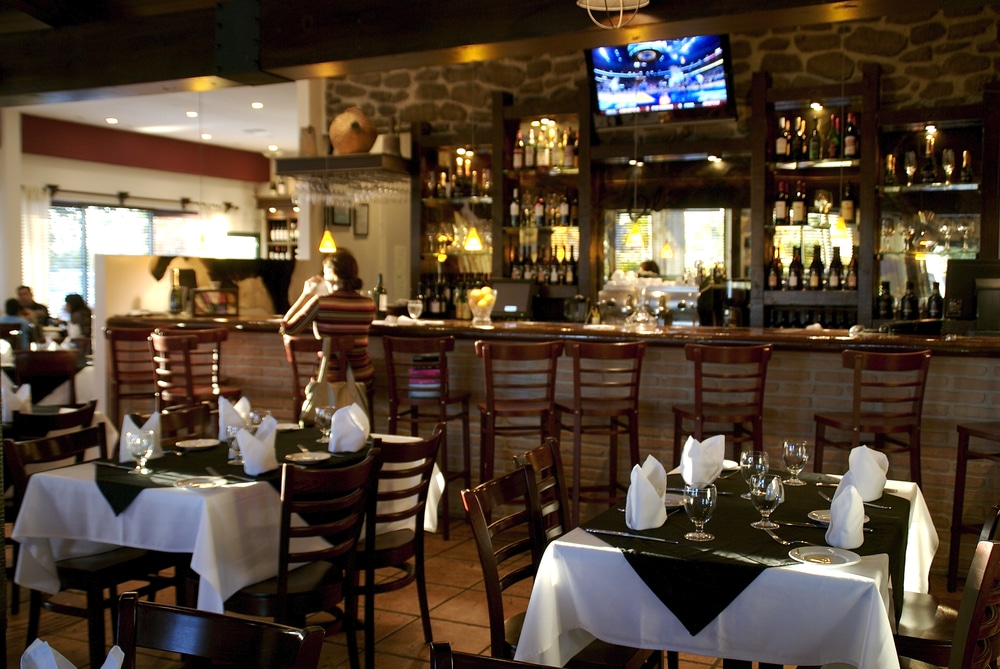
Recently CNBC reported that one in three restaurants in New York City was likely to go out of business as a result of COVID-19. There is no question that COVID-19 has had a devastating effect on both the restaurant industry and the real estate industry, but recently there have been some changes that may help both navigate these hardships.
On September 9, 2020, Governor Andrew Cuomo announced that restaurants in New York City can resume indoor dining as of September 30, 2020, with limited capacity and significant additional COVID-19 restrictions.
Prior to that, on August 20, 2020, Governor Cuomo executed Executive Order Number 202.57 which extends the moratorium on the initiation of a proceeding or enforcement of eviction of any commercial tenant, including restaurants and bars, for nonpayment of rent, through September 20, 2020. However, right before the expiration of that moratorium, Governor Cuomo extended it through October 20, 2020. That moratorium is applicable to a tenant that is eligible for unemployment insurance or benefits under state or federal law, or otherwise facing financial hardship due to the COVID-19 pandemic — a standard that is probably applicable to most restaurants in New York.
In addition to these two executive orders, there are a series of relevant Administrative Orders from the Court that are relevant to how eviction cases against restaurants will proceed when they are permitted to proceed. Notably, Administrative Order 160A/20 remains in effect. To simplify, this Administrative Order causes petitions that are filed against commercial tenants to be suspended until a further Administrative Order is issued. However, parties represented by counsel are eligible for the calendaring of virtual settlement conferences. These virtual conferences will present an opportunity for both landlords and commercial tenants to resolve a proceeding before a trial or an eviction occurs.
The vast majority of defaults in the payment of rent by restaurants and bars will probably claim financial hardship as a result of COVID-19, so it’s not likely we will see a lot of virtual conferences of newly commenced commercial nonpayment proceedings before October 20, 2020. After that date, we may see many virtual conferences rather than court appearances.
Commercial matters may be governed by any future Executive Orders or Administrative Orders, but as of this article, these are the current timelines that parties have in front of them.
Jordi Fernandez Law, P.C.
420 Lexington Avenue, Suite 2920
New York, NY 10170
Contact
